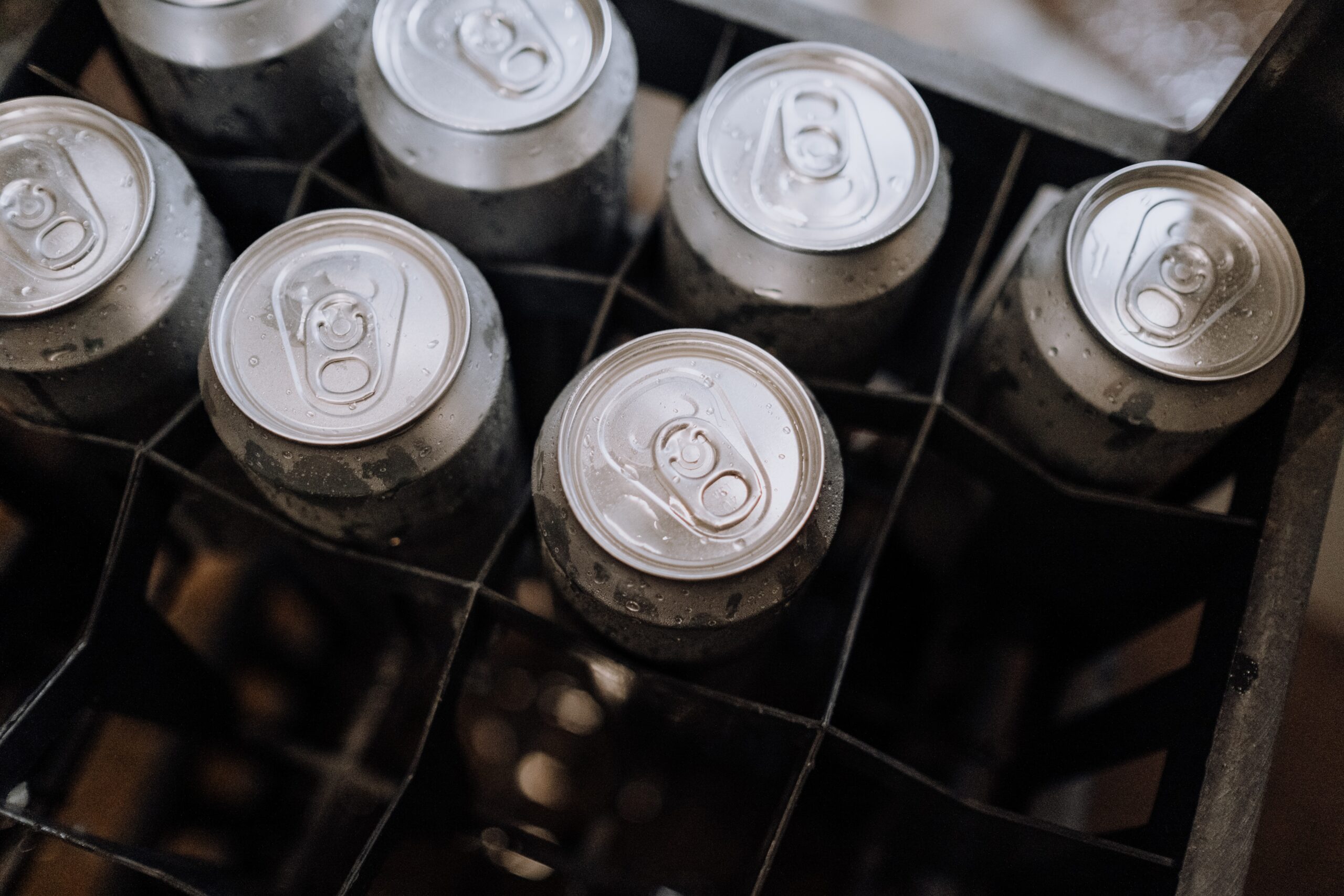Jargon is often a matter of contention in every industry. Some argue that it helps you better connect with your audience and simplifies communication, others argue that it unnecessarily complicates communication and makes it harder to digest content. No matter what side of the argument you find yourself on, industry jargon is here to stay (for the time being at least). For those of you who are new to the beverage industry, the jargon used industry-wide can be pretty intimidating at first. It’s important to note that every single person in the industry has been the new-person at some stage in their life, from the CEO to the recent grad-hire. Here are a few must-know terms to thrive in the beverage industry.
Batch Production
Batch production is the manufacturing of a product in bulk. Batch production runs typically produce smaller quantities of a product as compared to continuous production runs. Batch production runs are a great way to ensure high quality whilst also allowing for customisations to be made in-between batches.
Commercial Formula
More often than not, beverage recipes are first created with household ingredients that can be found in the supermarket and in small quantities. A commercial formulation is made with ingredients that allow the product to be made in mass quantities whilst also remaining fresh for as long as possible, a consistent taste and flavour across the board and is manufactured with no issues. Examples of a commercial formula is the world-renowned Coca-Cola; a product you can get anywhere in the world and it still tastes the same and is packaged the same way as it is at home.
Commercially Viable Ingredients
When looking to produce a recipe for mass production, it is imperative that ingredients can be sourced in viable quantities at a cost and within a timeframe that will allow the product to be successfully launched on the market at a competitive price.
Flavour House
A flavour house is a commercial laboratory with food scientists that create specific flavour profiles in order to produce a beverage with specific flavour.
First In-First Out (FIFO)
First-in and first-out is the system used to rotate stock efficiently. Stock that is regarded as being “first-in” (the oldest), should be the “first out” should any orders be made.
Filling Line
Also known as a bottling line or a canning line. This is the set of equipment used to fill the container with the beverage produced on a commercial scale.
HACCP
Hazard Analysis and Critical Control Point is the procedures put in place to ensure that the food and beverage safety hazards can be identified and controlled.
Intermediate Bulk Containers (IBCs)
IBCs are industrial grade containers designed with the mass-handling, transport and storage of liquids in mind.
Lead Time
Lead times are essential for project management. It is the time between placing the order and the order being delivered.
Minimum Order Quantities (MOQs)
Almost all items needed to create a commercial product have an MOQ, a minimum amount of the product that must be ordered in order to be accommodated by the company. This is a major issue for many start-up beverage companies as many manufacturers won’t look their way
Off-trade
Off-trade is where beverages are sold to customers to be enjoyed off the premises from which it is sold. This includes online retailers, supermarkets and off-licenses.
On-trade
Just as with off-trade, on-trade is where beverages are sold to be consumed on the premises which it is sold. Places like pubs, restaurants and nightclubs.
Ready-to-Drink (RTDs)
The name RTDs is pretty much what it says on the tin. The product is in prepared form (typically products lke cocktails, smoothies and coffee) and ready for consumption straight away.
Shelf-stability
This is a product that can be stored on the shelf (aka ambient conditions) for long period of time without the need for refrigeration or freezing. Usually the product will undergo some sort of preservation method to ensure stability.
Shelf-Life
The amount of time after production in which the product is safe to consume.
Shrink-Sleeve
A label typically associated with aluminium cans or PET bottles that is heat wrapped around the body of the container.
Stock Keeping Units (SKUs)
Every beverage a company produces is assigned a stock keeping unit. This is used to monitor the product every step of the way from being housed in a warehouse to online and ecommerce outlets.

